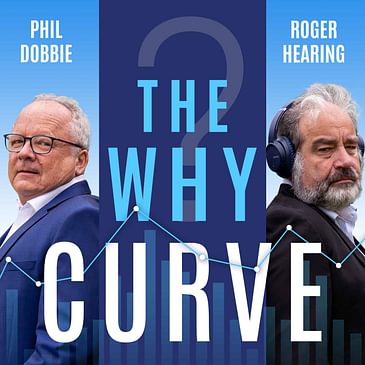What's the point in voting? The answer, if you're not in a seat where there's a chance your candidate will come first or second, is not much. The first-past-the-post system means many, or even most of us, are effectively disenfranchised at each general election. So is there a better, faire...

